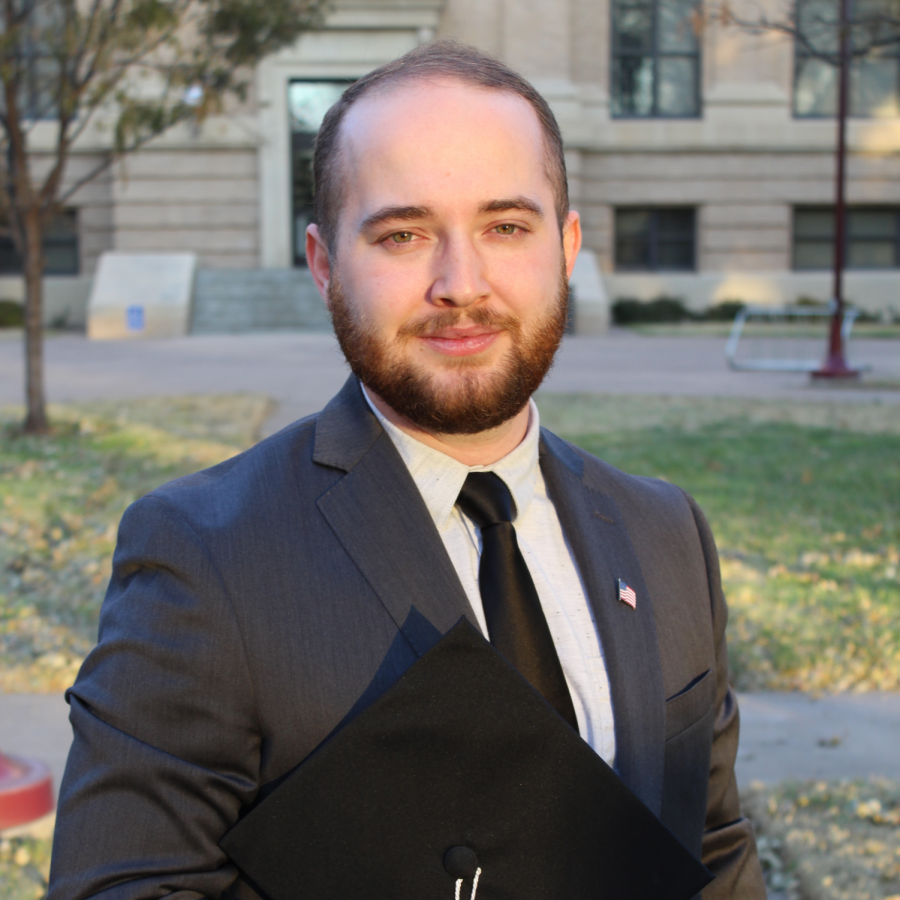Public speaking is one of the top known fears, contributing to anxiety among students at the university level. Some students have had no prior experience speaking publicly which can cause students to become distressed. This leads to thoughts that are not well organized and leaves a student wishing they had said what they were really thinking rather than rushing through their allotted speaking time.
Professors often include a section for class participation in their grading rubrics. They keep track of who speaks up during class and who does not, and they grade each student accordingly. Some may argue that this is an easy way to earn points, thus making it easier to achieve the grade desired in the particular class. However, this can lead to unproductive discussions.
Abby Boyle, a student at the College of William and Mary, wrote an open letter headlined, “Dear Professors, Class Participation is More Than Speaking During Class.” She went on to argue that while numbers of raised hands isn’t necessarily a bad thing, “it’s unlikely that every person has something meaningful to say. In an attempt to gain ‘participation points,’ some students will steer class discussion onto a tangent, repeat what’s already been said or ask a question that has an obvious answer.”
When things like this happen in college courses, some students get agitated because of the lack of quality of other students’ contributions. This ultimately causes annoyance and frustration due to the amount of wasted class time that can stem from such contributions. Students who attend class are often more dedicated and have a desire to learn, more so than those who skip class frequently.
Often times, more than half of the students in a particular class do not go to the class prepared to discuss the topic. Students frequently do not complete the required reading or research needed to add constructive thoughts and ideas to the class. When such a large number come unprepared, it becomes difficult to maintain intellectual dialogue among the class as a whole. Those who have prepared themselves for class eventually dominate the discussions.
On the contrary, such domination makes it difficult for some students to chime in to earn their participation points that day. When a student has spent part of the class working up the courage to become part of the conversation, it’s often hard to join in when others have taken over the topic. To help engage student’s who have been quiet throughout a class discussion, they often ask students to answer a question rather than the student volunteering. Students who have avoided eye contact are usually the students who do not want to participate or have not properly prepared for the class. The discussions can become a bit chaotic when it is obvious there are some who are not up to speed on the issues at hand.
A more beneficial method for getting students to discuss their thoughts and bring different concepts and ideas to the table could be splitting students into smaller groups for discussion. After the small groups have been given adequate time for conversing, each group can share their biggest discussion points, and further discussions can branch off. However, class participation grades should not come solely from speaking up during class. Attendance grades would be a more accessible solution to this and would more accurately represent the class. By translating participation to attendance, the class would have more beneficial discussion to the topic at hand and students would not feel pressured to offer thoughts to simply gain points or credit.
















